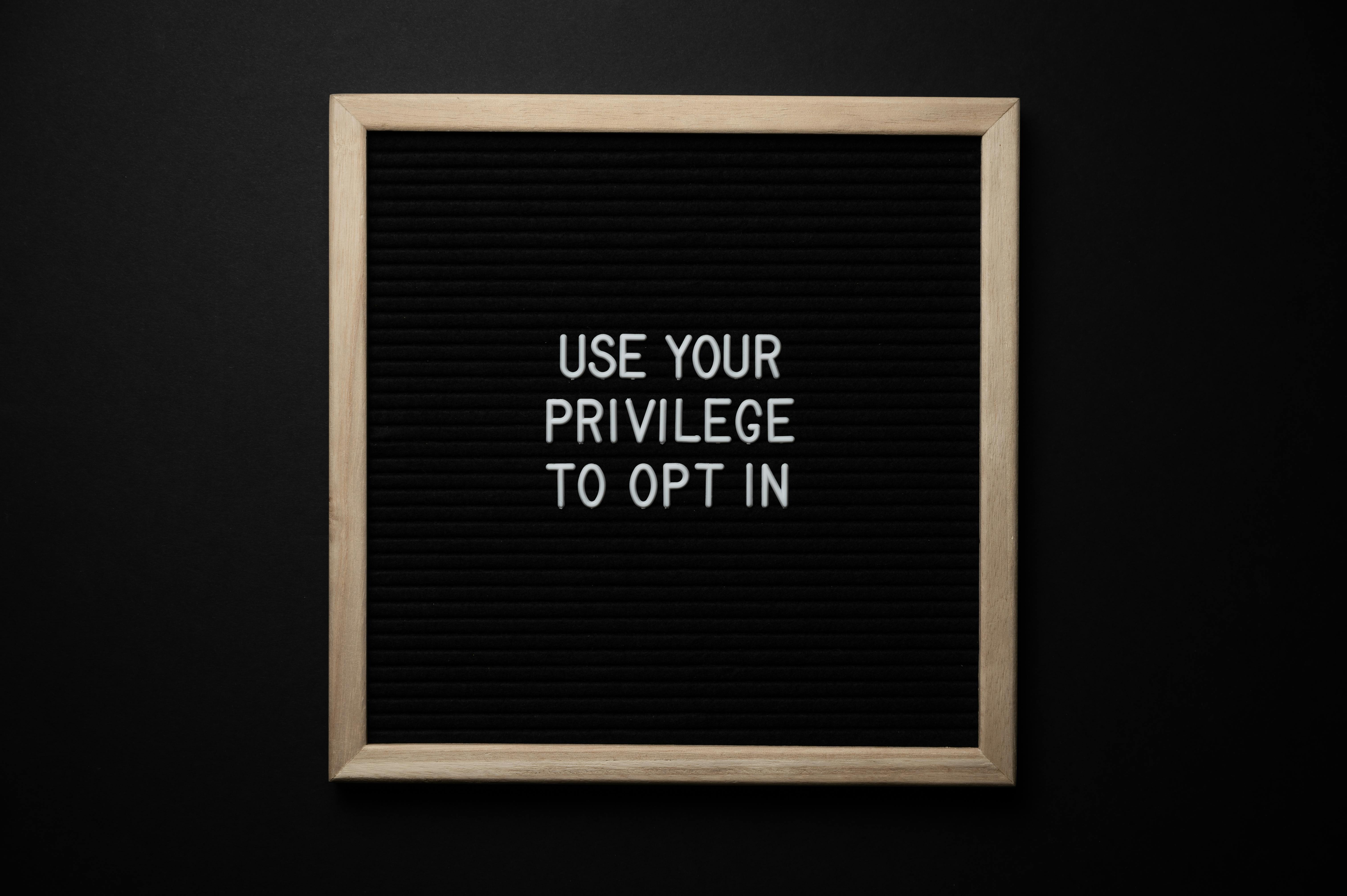
Should I use copyright law or patent law to protect my software?
Throughout the evolution of patent law, case law destroyed the value of copyright protection. In addition to the statement that defense of copyright does not prevent independent invention, but rather requires copying, menu buildings have been declared not competent for copyright protection in a new case involving to Lotus and Borland. Still, copyright protection can be maintained in addition to patent defense. Registration may provide some valuable benefits (eg, provisions for attorneys’ fees and legal damages) at the cost of the likely loss of trade secrets.
It is clear that, at this point, software patents will remain, whether or not programmers want them to remain. The US Supreme Court, in its latest Bilski conclusion, did not take the position that software should not qualify for patent protection. If in doubt, just go to the US Patent and Trademark Office website and do an agent search to find any leading software company and you will find that they hold many software patents. The law and practice of the US Patent and Trademark Office regarding business methods, where a processor is not required, are not fully resolved. There is no doubt that software can be protected by patent law.
Patents provide powerful protection in that they defend against private invention and against reverse engineering. Copyright protection protects against copying, but “clean room” practices can be used to circumvent copyright protection. Such a practice involves a team that decompiles software and organizes flowcharts or a type of how the software works. A separate team, which is not presented with access to the code, organizes the independent code laid out in flowcharts or explanation. Copyright protection also does not safeguard against private creation.
In reference to whether copyright should rely on patent protection instead, you should be aware that the courts are severely restricting the power to use copyright law to defend infringement. In addition to the fact that copyright protection does not protect against independent invention, but instead requires copying, it has been argued that menu structures are not fit for copyright defense in a rationale involving Lotus and Borland.
However, a patent does not depend on the protection of independent development. Anyone who makes, uses, or sells a proprietary computer program is an infringer, regardless of whether or not he had knowledge of the computer program. While asked to examine, in contrast, the difference between copyright and patent protection for his PC spreadsheet program, the inventor of Visi Calc was quoted as saying “With a patent, the only difference It would have been several hundred million dollars.